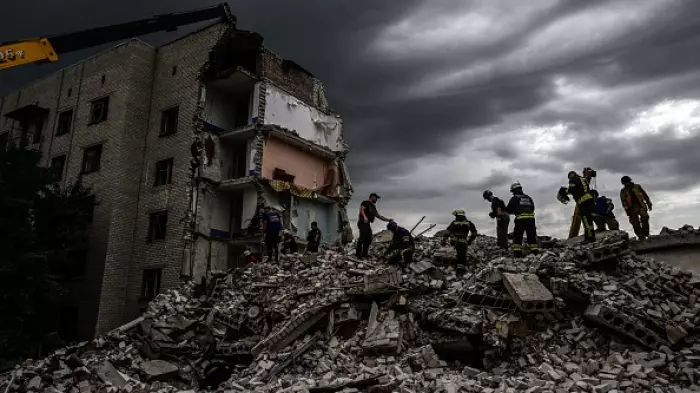The Managed Isolation and Quarantine (MIQ) system is coming under increasing pressure in recent months.
During this time period, BusinessDesk has been trying to get access to basic data that would show exactly how many people are coming through MIQ, its capacity and how that compares to room allocations from the Ministry of Business, Innovation and Employment (MBIE), the department in charge of MIQ.
These metrics are published each day as a PDF snapshot on the MBIE website.
But to understand what's happening in the system and how things have changed over time, we wanted to see these metrics as a time series in a database or spreadsheet.
Just such a database had been made available to us in June, thanks to a member of the public – Cameron Conradie, a recent migrant separated from his family by the border closure – who has been collating the data from the daily PDFs into a spreadsheet.
No MIQ record?
The trends were interesting and showed a large discrepancy between MIQ allocations and actual occupancy.
We ran checks against Conradie's data and were confident in its quality, but we wanted to see the data from an official source, before reporting on it.
So, we requested room allocation forecasts, room capacity, room occupancy and total occupancy data as a time series from MBIE.
MBIE was publishing these data points as daily snapshots, surely they were also recording the figures?
This is a fairly routine request, and I've made dozens like it in seven years as a data journalist.
Public organisations store lots of interesting and important data, but it's not always proactively published.
Most organisations are only too happy to provide it. Some resist, but release it anyway under their Official Information Act (OIA) obligations – public data belongs to the public, after all.
But MBIE's response was a first.
"... unfortunately we are not able to provide the data requested in a spreadsheet or database as we do not hold this information as a historic time series. We begin each day afresh before we publish the data for that day, and this is reflected in the way that it is currently published."
In other words, we somehow magic up the data each day, create a PDF and then it disappears again.
As I wrote at the time, if true: "This means the government has no historical record of MIQ's past occupancy or the accuracy of its forward allocations and therefore no way to assess its performance."
Was it really possible that MBIE was not keeping a record of MIQ occupancy or allocations?
A second request
We put in another request, this time for any documents or internal communications that would shed more light on this.
After waiting out the 20 working day OIA period and a 10-day extension, we received a solitary document. Other information relating to the request was withheld.
However, the technical documentation provided did appear to reveal the existence of the data we requested in various databases within the MBIE system.
So, I asked how this document could align with the prior statement that "we [MBIE] do not hold this information as a historic time series"?
"Your request is being processed in accordance with the [Official Information] Act and a response will be sent to you in due course," was the response.
As I write, it is 80 days since we first submitted what I thought would be a routine request for data on the performance of MIQ.
It will probably be at least another 18 days before even an explanation is forthcoming about the apparent discrepancy between their initial statement and the document, let alone any actual data.
Managing MIQ is no doubt a hugely challenging operation. And there are no easy answers when we are trying to keep highly infectious diseases outside the gates.
However, this system is causing untold angst for thousands of New Zealand citizens and residents trapped outside the country, and those already inside the country trying to get family in.
Looking for transparency
It must be transparent and open to scrutiny. One of the most important ways that can be done is to allow the media and the public access to information about it.
It should not be left to members of the public to compile databases from PDFs.














